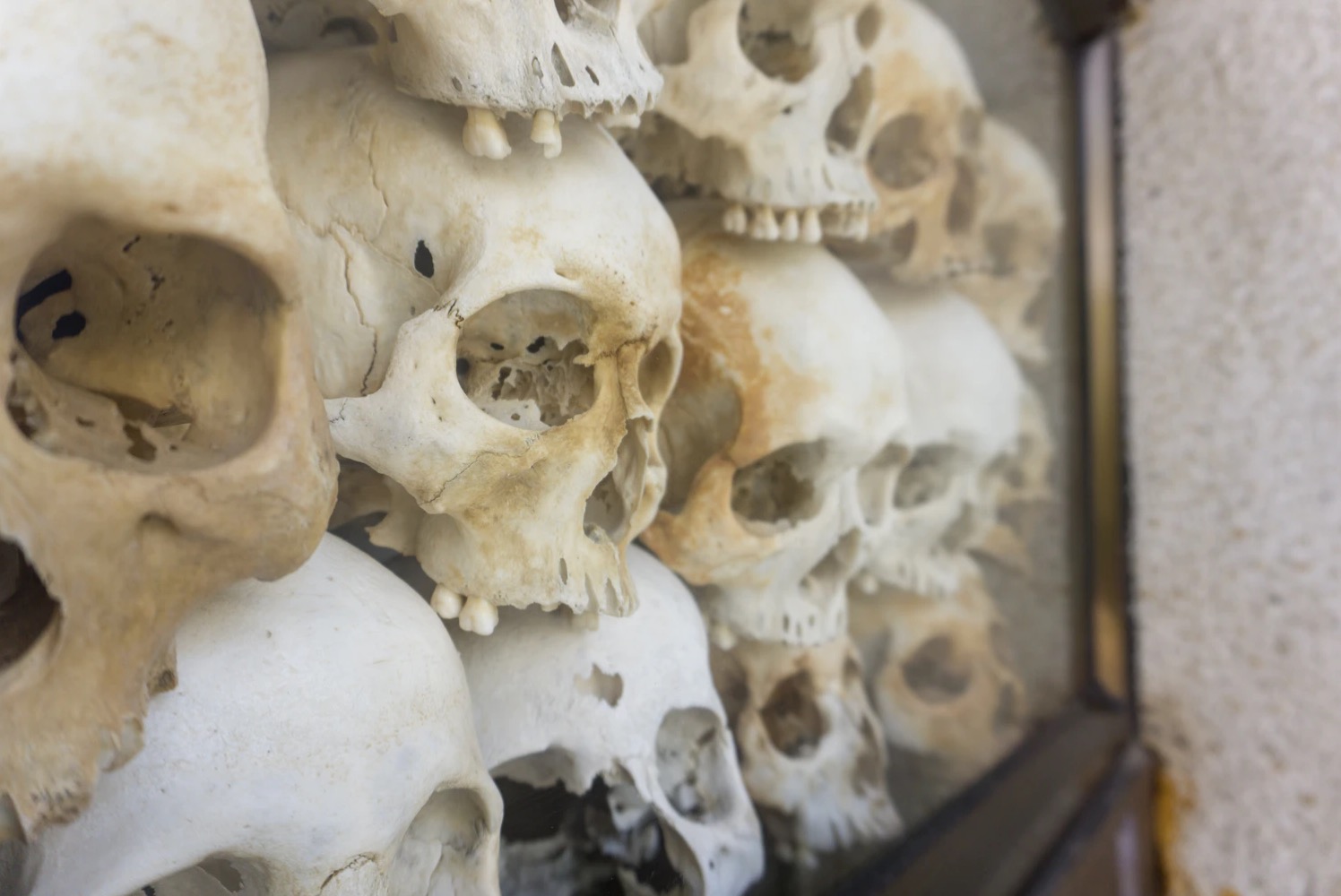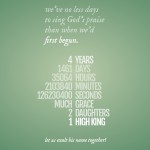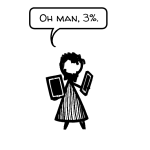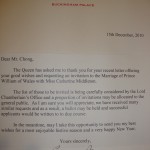She is sitting at home. There’s peals of laughter as children play on the street outside. Her son sits in his chair – he’s itching to join in, but he’s not quite learned how to walk yet. She strokes his hair, smiles, and offers him another spoonful, and wonders what the evening will bring.
A muffled yelp breaks the calm. A door slams, a baby cries. There’s barely time to wonder which direction it came from when — out of the blue — an armed soldier walks in. He is clad in stab-proof armour. The weapon in his hands turns her blood cold. He strides in, approaches the boy, and one stroke ends his life.
Too quickly do we glance past the words in Matthew 2:16-18:
“When Herod realised that he had been outwitted by the Magi, he was furious, and he gave orders to kill all the boys in Bethlehem and its vicinity who were two years old and under, in accordance with the time he had learned from the Magi. Then what was said through the prophet Jeremiah was fulfilled:
“A voice is heard in Ramah,
weeping and great mourning,
Rachel weeping for her children
and refusing to be comforted,
because they are no more.”
When Matthew recounts Herod’s grisly attack, he doesn’t just press on with the story. He stops. He lingers over the grief by drawing attention to another parallel.
Ramah (Al-Rama today) was a small town, just like Bethlehem. And once upon a time, Jewish mothers wept here like their ancestor Rachel who would never see her children again (Gen 35:18). They wept as their children, husbands and others were rounded up in this city, before being exiled into Babylon (Jer 31:15). And in the wake of a terrorist attack, a town near Jerusalem once again weeps.
(I’m writing this the day after the shooter in the Christchurch mosque attacks was sentenced to life in prison without parole. One of the victims was a father who described how the terrorist murdered his son, Mucaad Ibrahim, while the boy clung to his feet. So heartbreaking.)
Matthew 2:16-18 reminds us that God’s light was born into a dark world. A world with rulers happy to spill innocent blood to get their way. Sure, Herod had his way. But we insist on ours too. Our self-centred choices justify “family planning”. Our choice-oriented culture champions euthanasia. Our lust for gratification fuels sex trafficking and the degradation of countless daughters and sons. So many of the choices we make come at the cost of someone else. So much sorrow in our world comes from us loving ourselves no matter who pays the price.
But the passage in Jeremiah 31 that Matthew quotes keeps going:
This is what the LORD says:
“Restrain your voice from weeping
and your eyes from tears,
for your work will be rewarded,”
declares the LORD.
“They will return from the land of the enemy.
So there is hope for your descendants,”
declares the LORD.
“Your children will return to their own land.”
Jeremiah invited the exiles to grieve, but not without hope.
Matthew invites us to grieve, but not without hope.
The Christchurch massacre invites us to grieve but not without hope.
COVID’s death march, the Uyghur genocide, our country’s moral confusion, the family members who won’t reconcile, the friend who committed suicide… each tragedy likewise invites us to grieve… but not without hope.
For God didn’t enter our world insulated from pain and sorrow. In Jesus, He was born as a boy born into poverty. Who flees as a refugee. Who escapes a terrorist attack. Who later becomes our Man of Sorrows, acquainted with our grief, here to bring us hope.
So however bleak our world is today, there is hope because Jesus lives on in Matthew’s story. He lives on to become Jesus of Nazareth, who speaks with God’s authority, demonstrates His power, and willingly accepts death on the cross for our sins. His innocent death orchestrated by religious fanatics. The child of sorrows lives to become the Man of Sorrows, for us.
So in this broken world, we can grieve, but not without hope. Why? Because Jesus lives on — His empty tomb proves it! And if we belong to Him, no sorrow can take away our confidence to live in Christ, and to die with gain.
These thoughts are adapted from a sermon on Matthew 2 (listen to it here!).




